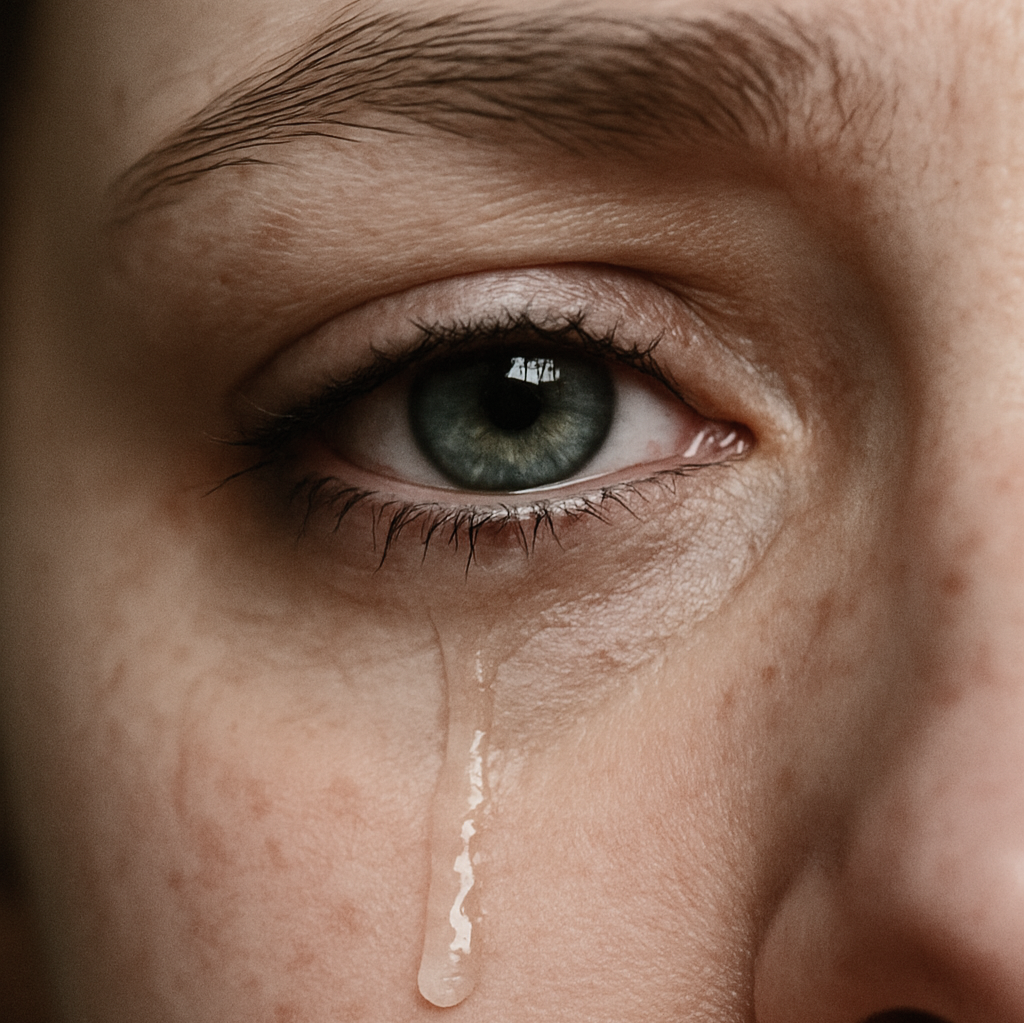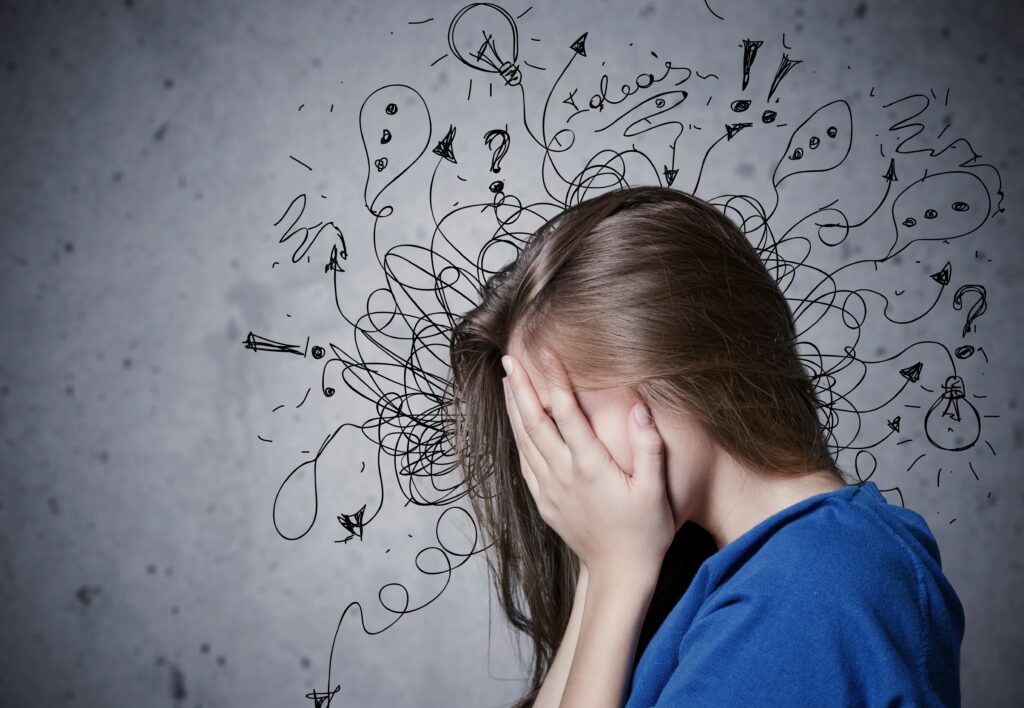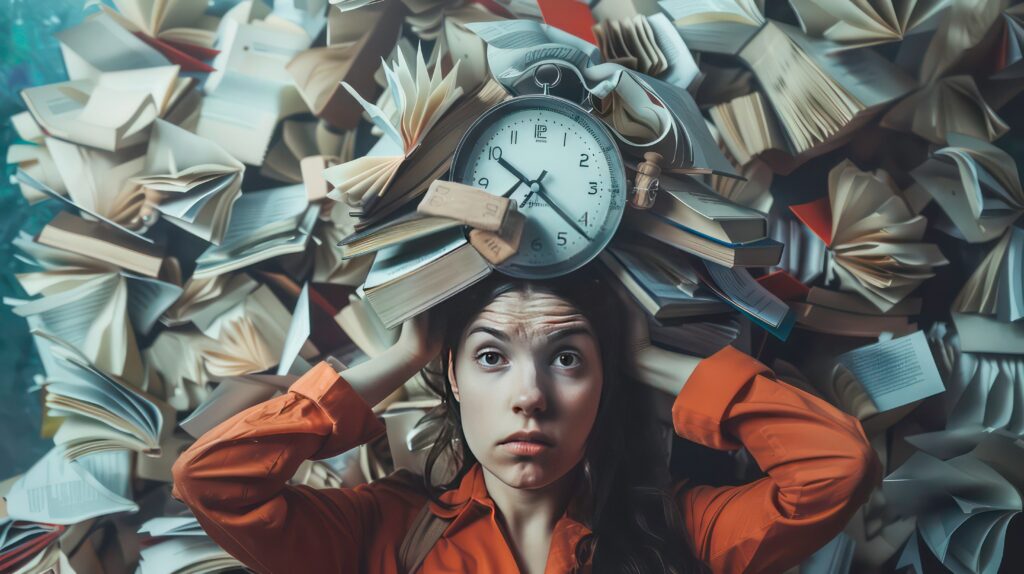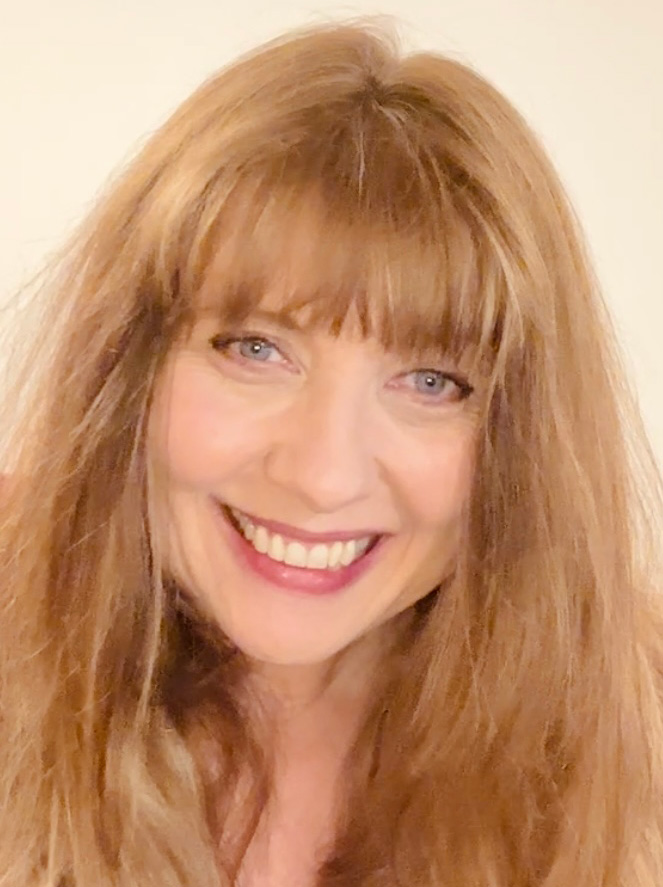I was diagnosed with ADHD at 56. I expected relief. Finally, an explanation for lifelong struggles I’d carried in secret – including difficulty managing the ‘simple’ stuff, and a constant sense of being “too much” and “not enough” all at once.
When I was diagnosed, relief mixed with an unexpected grief. Instead of clarity alone, I found myself mourning lost time and opportunities – and began to see that healing required moving through both feelings.



The Weight of the “What Ifs”
I was soon consumed with unanswered questions:
- What if I’d known when I was at school? I’d managed the academics – until I decided I’d had enough – but emotionally I was a wreck. Friendships slipped through my fingers, leaving me ricocheting between meltdowns and shutdowns. My hyperfocus thrived in the art room, but I struggled to keep focus on almost everything else. How far might I have gone if I’d followed my interest, instead of a curriculum that mostly bored me?
- Would I have had a more successful career? Many people have described my career as successful. After a few false starts, I became reliable, productive, and gave more than was asked. But I was told on numerous occasions I wasn’t ‘the right kind of person’ to progress. The only advice? “Be less intense. Slow down.” Neither was possible. Rejection stung, but I learned to hide it most of the time.
- Would I have had more financial security? In truth, I doubt it. I never chased money, but when it did arrive, it slipped away like water through my hands.
- Would I have pursued more opportunities? I carried guilt for not following paths that others had opened for me. Would knowing about ADHD have helped me hold those doors open – or find ones better aligned with my values, that kept my interest for long enough to succeed?
- Would I have been a better mother? This is the most heartbreaking question, and the only answer I can give is ‘yes’.
- Would I have still been married? Probably not, because our values didn’t align. But knowing I had ADHD (and he almost certainly did, too) would have made it a lot easier for us to understand our mistakes and, more than anything, forgive ourselves.



Grieving Self-Perception
For years, I believed I was fundamentally flawed.
I managed to do what was needed at school – academically, at least – but at home it was a different story.
I daydreamed and procrastinated. I was forgetful, left things behind, lost track of time, and experienced intense feelings of anxiety about my appearance. I internalised every criticism until it became my identity: lazy, unreliable, inconsistent, selfish, thoughtless… and yet, at the same time, I was incredibly generous, hugely compassionate, and deeply empathetic – with integrity well beyond my years.
Though I had amazing parents who loved me unconditionally, I was often consumed with remorse because of my unreasonable behaviour that I didn’t seem able to control.
I had no idea how to study, relying on my memory to play back teachers’ words in my mind and write them down in exams.
Exams became my strange comfort zone: they involved challenges to be broken down and a race against the clock – what’s not to love? My memory got me through. It was enough to pass (and sometimes pass well!), but it was no replacement for a genuine interest in a subject.
The diagnosis flipped the script. Suddenly, the traits I thought were moral failings turned out to be symptoms. That was comforting, but it also broke my heart.
ADHD’s Impact on Relationships
ADHD doesn’t just affect the person who has it – it ripples through relationships, reshaping the spaces you share with others:
- Friends told me earlier times to meet, knowing I’d still be late.
- When boyfriends didn’t work out, I felt bad for not being heartbroken enough. Often, I was simply relieved to have “me time”.
- Insecurity made me pick fights, testing loyalty, only to feel crushed when I was “proved right”.
- Teams were tricky. I worked hard, but my mind skipped easily between the big picture and detail, which wasn’t always welcomed. But, when you’ve looked down and spotted a hole in the road ahead, you can’t forget you’ve seen it, can you?


Grief surfaced here, too: for the connections – and the breakups – that could have been easier, softer, if I’d had an explanation.
The Paradox of Relief and Grief
A late diagnosis brings both liberation and loss. Relief comes from finally having words and self-understanding. Grief comes from realising how long you lived without them – and what you’ve lost as a consequence. My journey is about living in this paradox – finding growth through both grief and insight.
Both relief and grief are valid responses. The key is to give each feeling space to be processed and understood.
If you’d like to read more about how women process diagnosis later in life, this ADDitude article offers honest reflections on emotions and acceptance after a late ADHD diagnosis.
How I Began to Heal
- Acknowledging the grief. Saying “I’m grieving” gave the feeling legitimacy.
- Self-compassion. I remind myself: I was doing my best with what I knew.
- Connection. Talking with other late-diagnosed adults showed me I wasn’t alone.
- Reframing resilience. Instead of focusing only on lost time, I recognise the strength it took to survive without support.
Moving Forward With Hope
Despite the grief, I truly believe the ADHD diagnosis is one of the best things that has ever happened to me. At some point, acceptance replaced the grief, and I was left with a wonderful opportunity for personal growth.
Sure, I wish it had been earlier, because I’ll never get the chance to rewrite those chapters. But the rest of the book can be much richer as a direct result of what I’ve endured – it definitely makes me a better coach!
Now, I have language for my experiences, effective tools to manage them, and most importantly, the self-compassion I always needed. One of those tools has been gamification – turning everyday tasks into rewarding challenges that align with how the ADHD brain works. It’s helped me move from overwhelm to action in very practical ways. If that sounds useful, I explore it more in this blog: How Does Gamification Help ADHD Brains Achieve?
The key takeaway: understanding yourself leads to greater empowerment.
That’s not just relief. That’s liberation.



I’ve been on a personal development journey for decades, so I don’t want anyone thinking there was a magic wand moment that came out of nowhere. But I’ve finally been able to create a life that I love.
While there are many challenges that I cannot control, I now have inner peace. I know that my life is now aligned with my values, rather than what other people expect of me. And I believe it was the diagnosis that gave me the self-understanding – and strength – to finally make this possible.



